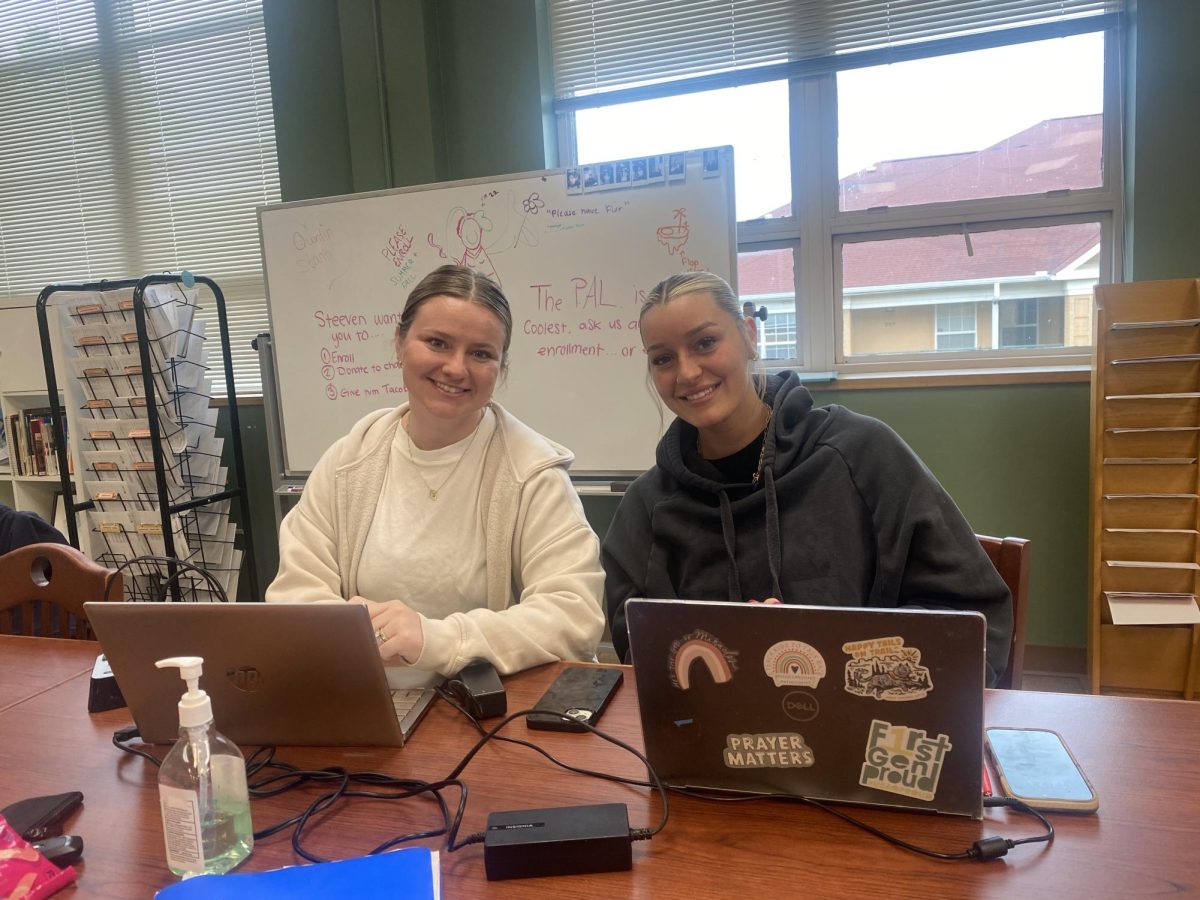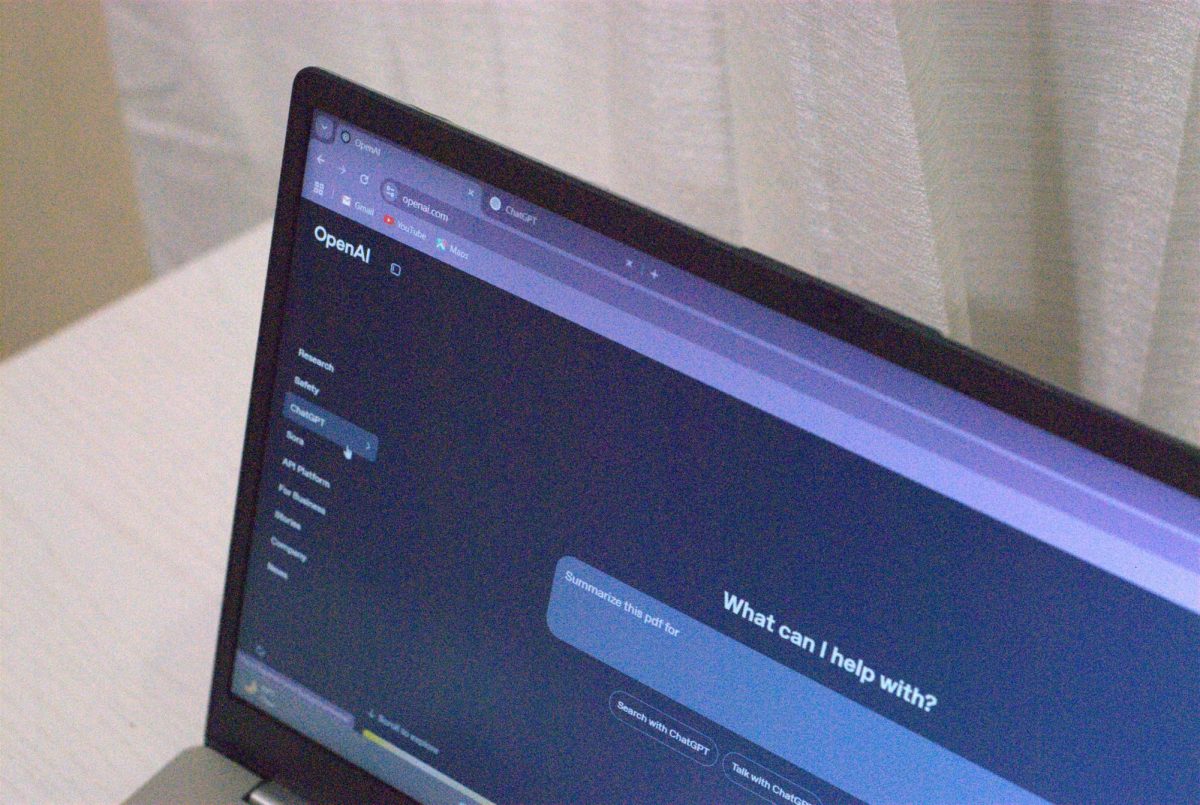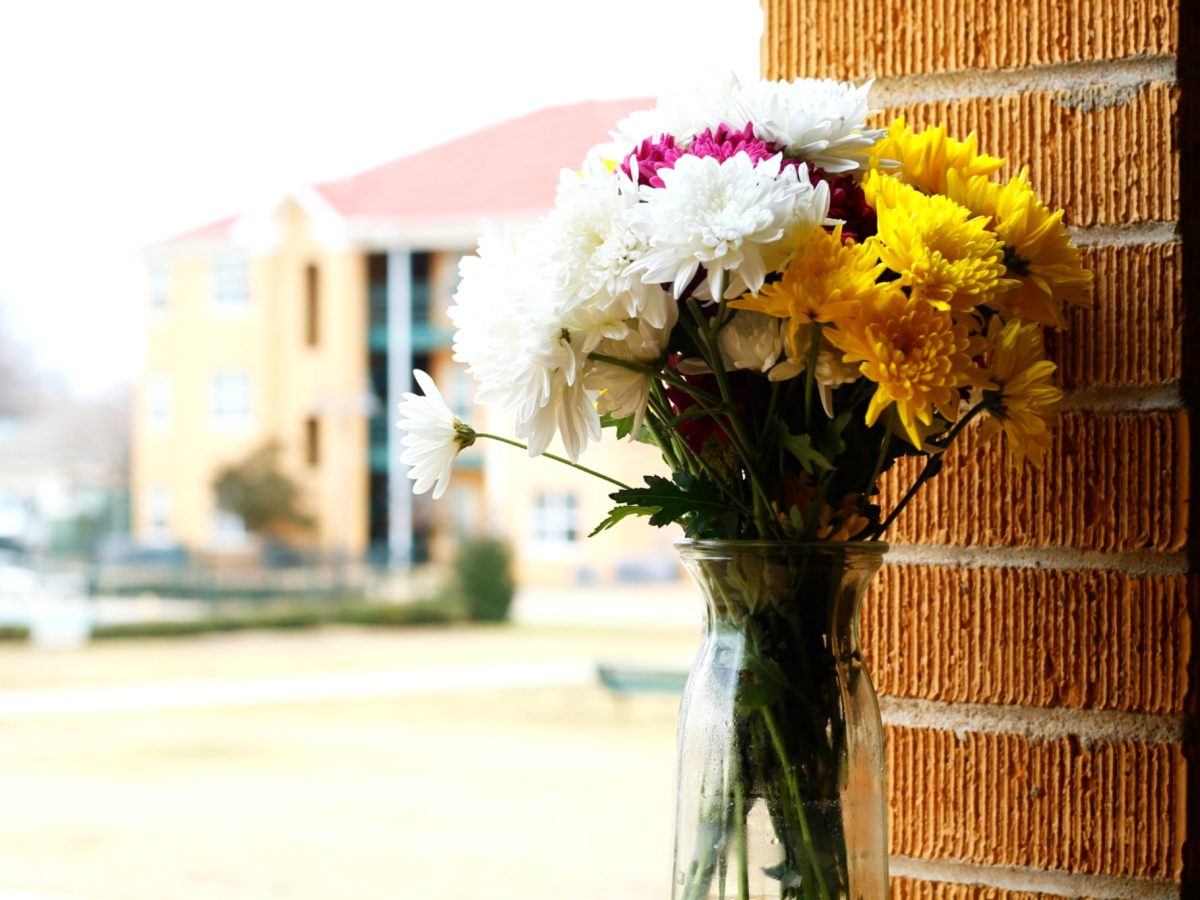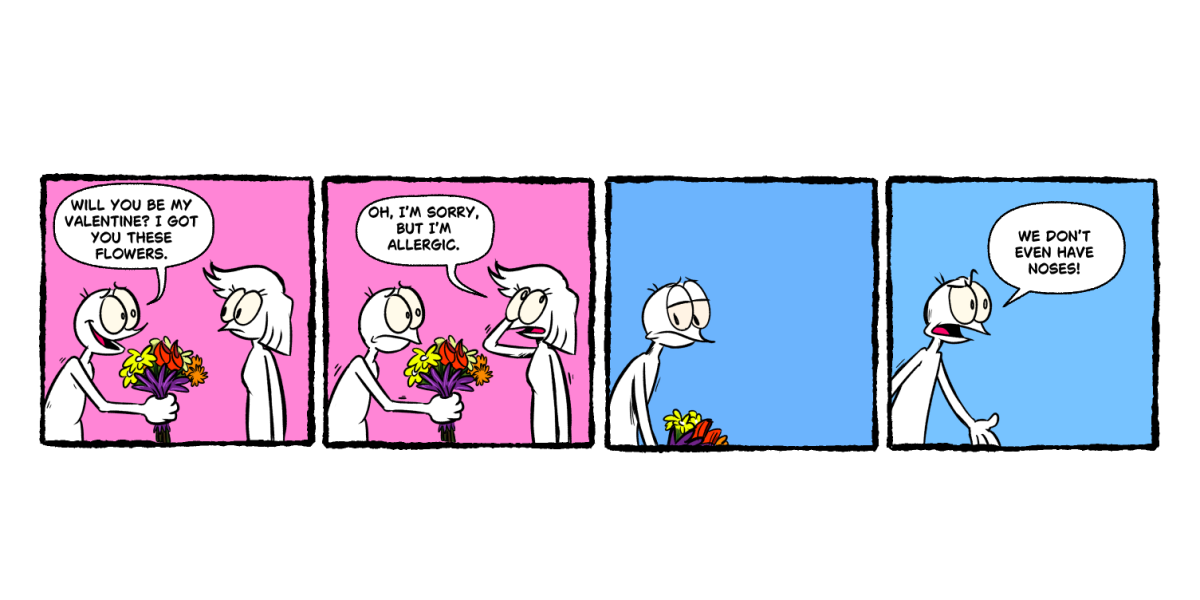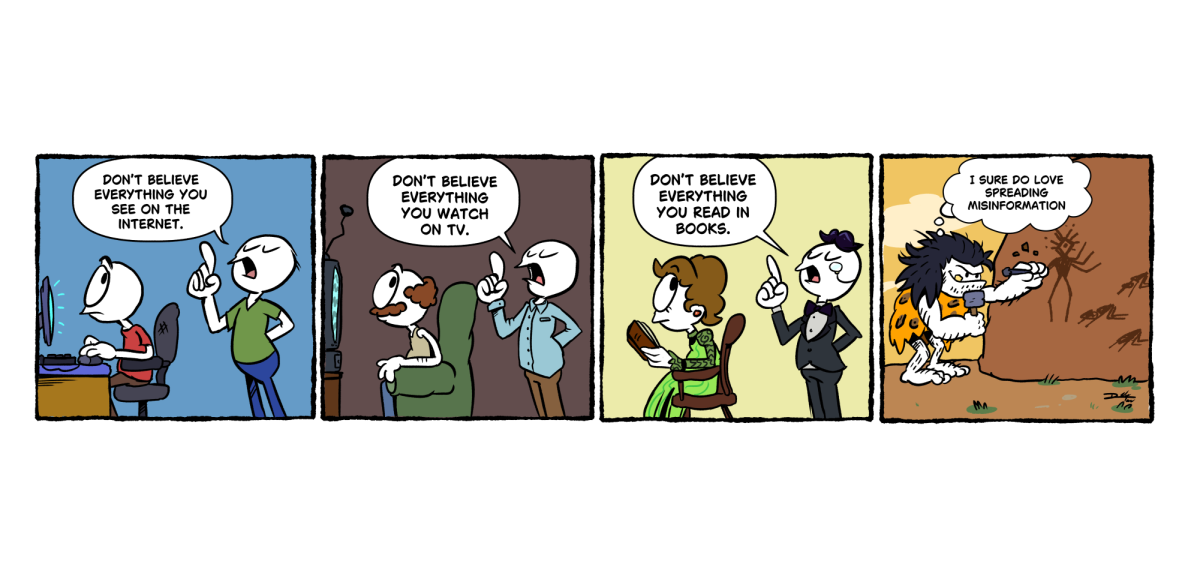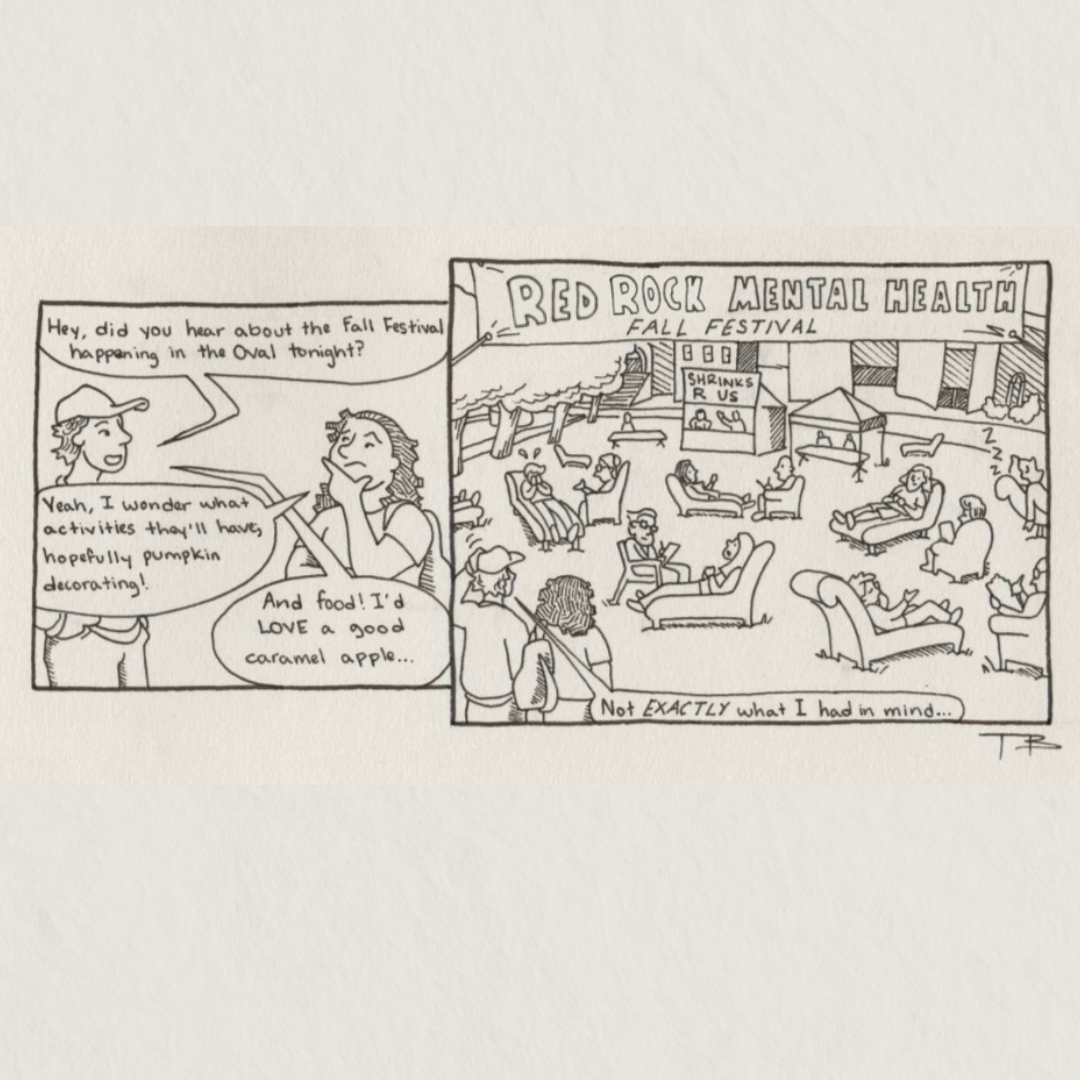Journaling
The best part about writing is the ability to choose a different pen and pen color each time you write. There are also opportunities to use graph paper for more organized, clean lists. Photo by Daniel Buster.
September 10, 2021
As college students, we have all heard at least one professor mention that students retain information better when it is handwritten rather than typed (and heaven forbid you do not take notes at all). Older students have also learned that writing assignments, schedules, and deadlines in a planner is a very useful habit. What is discussed less is the importance of a journal.
Writing down one’s thoughts can be extremely cathartic and can also support good mental health. Understand that I am no expert in this topic, but I can share how I decompress each day, and perhaps it will be of some help to you.
I began realizing my need to write things in the fall of 2020, when I was holding three jobs – one as a supervisor for one of the fastest growing coffee chains in the Midwest, one as an ambassador for the most popular tourism attraction in OKC, and finally a position on the USAO student advancement team. While being a full-time college student with leadership roles in two student organizations, the only way I was able to keep up was by writing everything down.
Initially, I was only writing in my planner, just trying to make sure not to forget things that I needed to do. I slowly began using that planner as an organizer for my thoughts as well. Over the course of a few months, I began a sort of journaling. That is a habit I have maintained, even now that I am far less busy.
The University of Rochester Medical Center explains that journaling helps prioritize problems, fears, and concerns. Journaling also helps track those issues because you have a record of when you are struggling and what you are struggling with. This medical perspective was encouraging to me, because it offered me a goal in my writing. URMC points out that journaling provides opportunity for positive self-talk, which is something that all of us can use everyday.
The particulars of journaling vary from person to person. There are thousands of prompts, systems, and individual journals to get you started, just check out Google. For myself, I journal twice a day. In the mornings, I write down what I call eight critical tasks. This is essentially a to-do list. Anything that must be completely done for the day is written here. This includes schoolwork, personal goals, work, anything. In the evenings I ramble; I write ideas, goals, thoughts, events of the day, problems, success, etc. This helps me determine what is a priority and provides me with the opportunity to both focus and simply vent.
For those already journaling, congratulations! If you are not, please consider it. We all have pen and paper. To start, just sit down for ten minutes a day and write. You will quickly find yourself writing more, and your life will certainly be better for it.
Daniel Buster is a senior communication major from Oklahoma City.














































